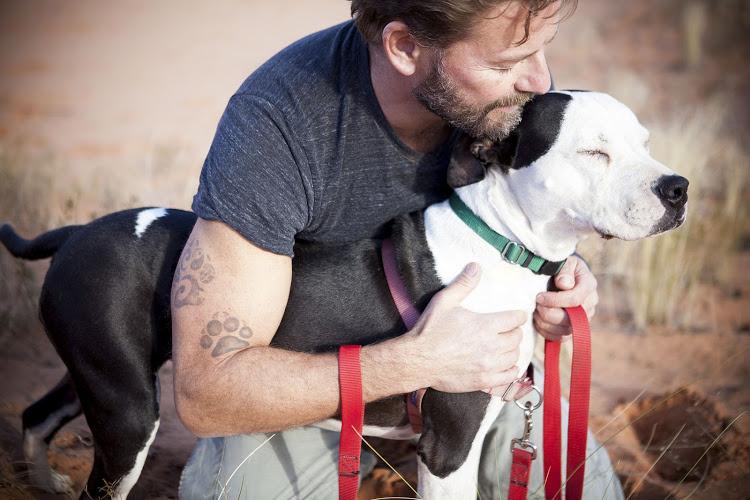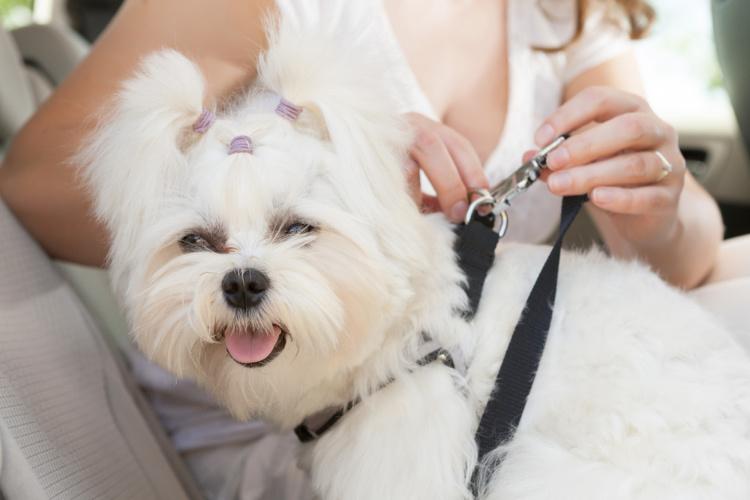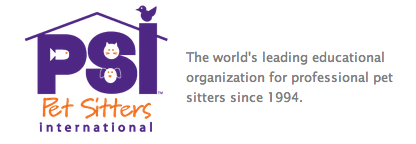It can be scary leaving your beloved pet in someone else’s care while you travel for work or vacation. At PetHub we want to ensure your pets stay safe and comforted even when you aren’t around.

Our PetHubber's have expressed that one of their big fears is what if their pet/s goes missing while they are away. It’s a scary thought—we understand! At Pet Sitters International (PSI), the world’s largest educational association for professional pet sitters, we work to educate professional pet sitters on how to provide the best pet-sitting services possible and to educate pet owners on how to select the best possible pet sitter for their pets—so this question was of particular importance to us!
To alleviate these fears, the first step is to find a professional pet sitter that is a good fit for you and your pets. PSI offers a free pet-sitter search on its Official Pet Sitter Locator on the PSI website. You can enter your zip code for a list of pet sitters who service your area.
Once you’ve narrowed down your search and begin contacting potential pet sitters, you’ll want to arrange an initial consultation, which gives you an opportunity to see if the pet sitter is a good fit for your pets—and to discuss their policies and procedures, as well as the concerns you have. It’s important to ask these questions:
- Is the pet sitter insured and bonded?
- Can the pet sitter provide proof of clear criminal history?
- Does the pet sitter provide client references?
- Will the pet sitter use a pet-sitting services agreement or contract?
- Is the pet sitter a Certified Professional Pet Sitter (CPPS) and/or has he or she participated in pet-care training, such as pet first aid?
- How do you ensure my dog (or cat) does not go missing in your care?
- Do you have a plan in the event that my dog (or cat) does go missing?

In honor of Lost Pet Prevention Month, we posed the question very question "How do you ensure my dog (or cat) does not go missing in your care?" to PSI pet sitters and here are some of the most common responses:
“I don't take dogs outside unless they are on a leash (4 or 6 foot, no retractables). If they do have a fenced-in yard, I go outside with them as well and they are always within sight. Everyone needs a collar with ID also, especially if they do not have a microchip." –E. Nesson
“We require that dogs always be on a leash unless in secure fenced area. I do not use retractable leashes either and make sure to adjust collars if they are too loose. I ask for them to at least have an ID tag on collar. I also have pictures of all pets on file, just in case a pet ever did get loose. For each pet-sitting visit, the last thing we do is make sure we see the pets in the house before leaving, even the hiding cats!" –B. Patterson
“My pet-sitting business requires that each pet have an ID or chip. We also have a policy that pets are always on a lead." –G. LaFond
“Besides requiring collars and ID tags, we attach our own tags with our contact information while dogs are in our care. The fact is, we are caring for dogs whose owners are not in the 'neighborhood,' so contacting them (if the pet were to get lost) is almost useless." –KitSits
“I tell my clients it's like babysitting, they are attended at all times, and you have to pay attention to the details about closing doors behind you, weather (thunder), traffic, etc. all the potentially stressful dog situations.” –C. Downs
“I never use retractable leashes. We are very careful as to how we enter and exit the home. When we enter the home, we immediately lock the door that we walked through. You never know if the door will stay shut, or somehow get opened. We require ID tags and in our contract, should a dog not have an ID tag, we will have one made and they will pay for it.” –S. Browning
“We do not accept clients who: 1) leave their dogs in the back yard unattended, 2) use doggie doors so that the dogs can go in/out when we are not there, 3) ask us to take the dogs off leash in an unfenced area or one that uses an electric fence." –B. Hardy
“Lastly, we find out all the triggers the dog might have while leash walking. We find out what they are reactive to as well as finding out if they pull on leash.” –K. Levy

Your pet sitter's policies should provide you with peace of mind. As you can see, requiring ID tags and leashes are common policies of professional pet sitters. It’s also important that you discuss your pet’s health and behavioral history in detail with any professional pet sitter you choose to use. Be sure to note any fears or triggers your pet may have, as well as any special “hiding places.” To ensure your pet stays safe and secure, also do a home check before you leave.
Make sure all doors close and lock properly—and if your yard is fenced, ensure the fence is sturdy with no damage or openings for pets to escape.
Learn more about choosing a professional pet sitter on the PSI website.



